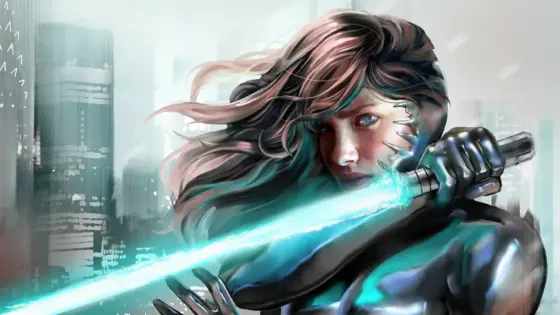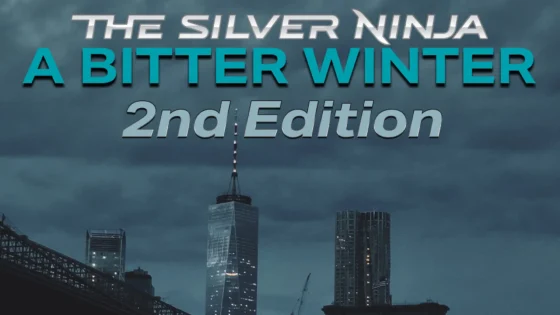One of the perks at working at a video game company is that you can tap into resources you’ve never had access to before. For this blog, I got to speak with the Senior Creative Writer at R* and discussed what the writing process is like when you’re responsible for a multi-million dollar franchise.
Other author’s may be pleased to know that even writer’s with over decades of experience still struggle with that eternal writer’s block. What he told me was that sometimes when work is started on a video game early, it’s harder to visualize and write scenes when you have nothing to work with. In the writing world, this is known as that blank screen or sheet of paper you look at when you first start a project.
So what kind of fun facts did I learn from talking with the Senior Creative Writer? Let’s discuss down below.
First. I’ve always hated deadlines. Anytime I’ve set a deadline for myself or had it impressed upon me by a superior I always knew what was coming next. Overtime without pay, late nights and no sleep until the project was done. Well it turns out, if you want to be ultra productive and get work done, you need those mother f’ing deadlines. If you don’t tell yourself that the world is going to end after a specific date, your book will linger in production hell for years.
Second, you ever struggle with character voice? Yeah all writers have. When writer’s try to create a unique voice for each character, the cop out tends to be that the character will have a catch phrase like “Believe it” or “Fair is fair.” Or something that’s repeated ad nauseum. Well that’s not the way to do it. If you want to create a unique voice for a character then you need to really understand where they come from. Are they from the south? A foreigner from another country? Have they survived terrible trauma?
Know your background, know where they grew up, know the mannerisms of people from that area. Below I’ve compiled a rapid-fire selection of different dialogue and voices so you could see what I mean. This is not a back and forth conversation, just phrases from different people.
E.G. “Sir would you like a glass of water?”
“Sure. I’ll have a swallow.”
“You too slow. Too slow! Fight faster.”
“Hell yeah I could go for some drinks!”
“I am vehemently opposed to this project.”
“When criminals are afraid to open the door. I’m the one who knocks.”
“How much your boss want for all this loot? Let’s talk some business.”
*Please note intentionally bad grammar for dialogue.*
Third. Sometimes when you get stuck it helps to get feedback from others. Preferably other writers. If you can’t do that then look for someone who can be objective and help spit out ideas. All you need (in most cases) is a little nudge to get your scene loose from where it’s stuck. If that fails, then it might be time for a rewrite.
Unfortunately, that’s where the similarities to game writing and book writing end. When you write for video games, dialogue is driven by gameplay and sometimes vice versa depending on what the focus of the game is. For a game company like Bioware whose focus is on RPG’s. Their story and writing is just as important if not more important than the gameplay. It’s their main selling point and it makes sense that they have a writer’s pit. It’d be safe to wager that they have a much stronger influence over game design decisions compared to our games which have a strong narrative but gameplay is the main draw.
At the end of our lunch discussion, I showed the writer who had several years of marketing experience my marketing blurb and got some precious feedback. The results of that discussion will be posted in a separate blog post. I’ll show you the rough draft, the 2nd draft, the edited draft, the edit, peer review edit, and finally writer feedback which will serve as the editor for final copy.
If you hate writing marketing blurbs like I do, this is the blog you shouldn’t miss.




